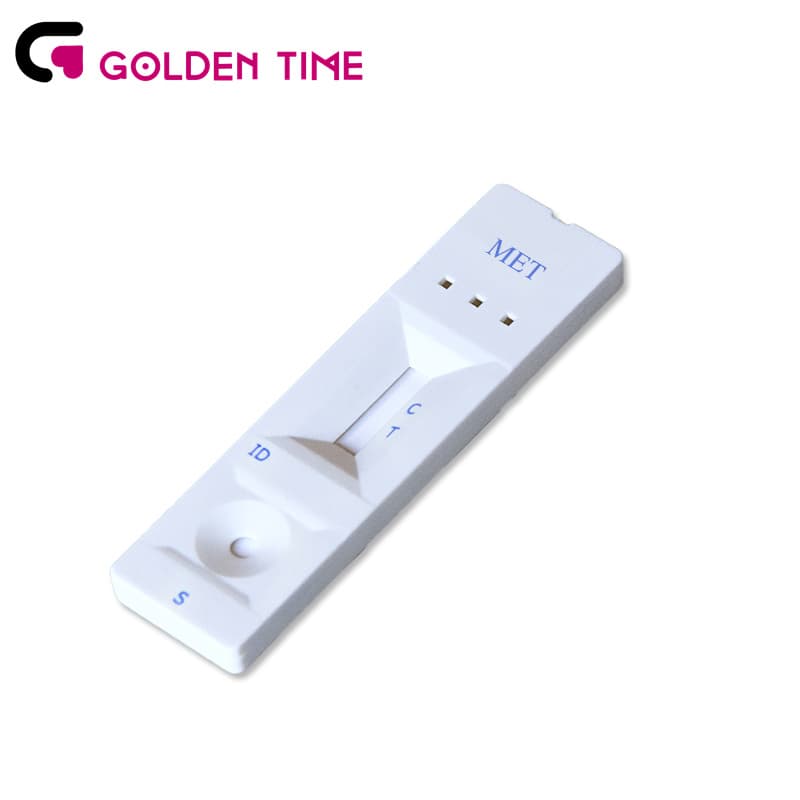Sep . 06, 2024 19:15 Back to list
Health Early Pregnancy Test - Reliable Results at Home
Understanding Early Pregnancy Tests A Comprehensive Guide
Early pregnancy tests have become an essential tool for many individuals wanting to determine if they are expecting a child. These tests are designed to detect specific hormones in the body, providing results often before a missed period. Here, we will explore what early pregnancy tests are, how they work, and their importance.
What is an Early Pregnancy Test?
Early pregnancy tests are typically available in the form of home testing kits. These kits can be purchased over the counter and can provide results in just a few minutes. They are designed to detect the presence of human chorionic gonadotropin (hCG), a hormone that is produced shortly after a fertilized egg attaches to the uterine lining. This hormone can usually be detected in urine approximately 6–14 days after conception, depending on the sensitivity of the test.
How Do They Work?
Most early pregnancy tests are straightforward to use. They require a urine sample, which can be taken at any time of day, though it's often recommended to test first thing in the morning for the most accurate results. The test usually involves placing the device into the urine stream or dipping a test strip into a collected sample. Results are displayed as lines or symbols on the device, indicating whether hCG is detected.
health early pregnancy test s

The accuracy of these tests can vary. Highly sensitive tests can detect low levels of hCG and are often reliable, even before a missed period. However, false negatives can occur if the test is taken too early or not conducted properly. It is always advisable to follow up with a healthcare professional for confirmation.
Importance of Early Testing
Early pregnancy testing allows individuals to take proactive steps in their healthcare. Whether the result is positive or negative, knowing one's pregnancy status can lead to informed decisions about lifestyle and planning for the future. For those who receive a positive result, it opens up a pathway for prenatal care, which is crucial for both the mother's and the baby's health.
Moreover, early testing can also provide emotional clarity. It can help alleviate anxiety associated with the uncertainty of potential pregnancy and allows for timely discussions with partners and families about next steps.
In conclusion, early pregnancy tests are a valuable resource for anyone trying to conceive or those who suspect they might be pregnant. They offer a quick and relatively accurate way to determine pregnancy status, leading to better-informed health decisions and a smoother transition into pregnancy when the results are positive. As with all health-related matters, consulting with a healthcare provider is recommended for follow-up and support.
-
Malaria Pf Ag Rapid Test Kit - Quick & Accurate Detection
NewsAug.11,2025
-
Accurate Cardiac Marker CK-MB Rapid Test for Quick Results
NewsAug.10,2025
-
Premium Empty ABS Plastic Cassette for Test Strips
NewsAug.09,2025
-
Sterile Urine Cup: Accurate Specimen Collection for Labs & Home
NewsAug.08,2025
-
Malaria Pf/Pan Ag Rapid Test Kit for Fast, Accurate Diagnosis
NewsAug.07,2025
-
Rapid Canine Corona Test: Fast & Accurate Results
NewsAug.06,2025

